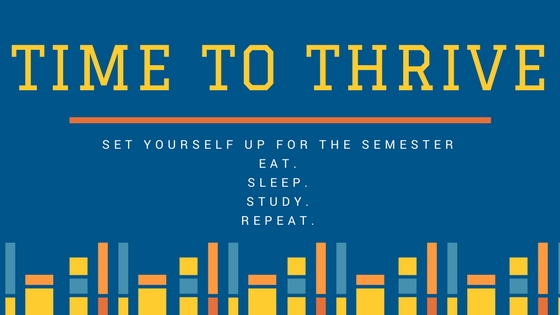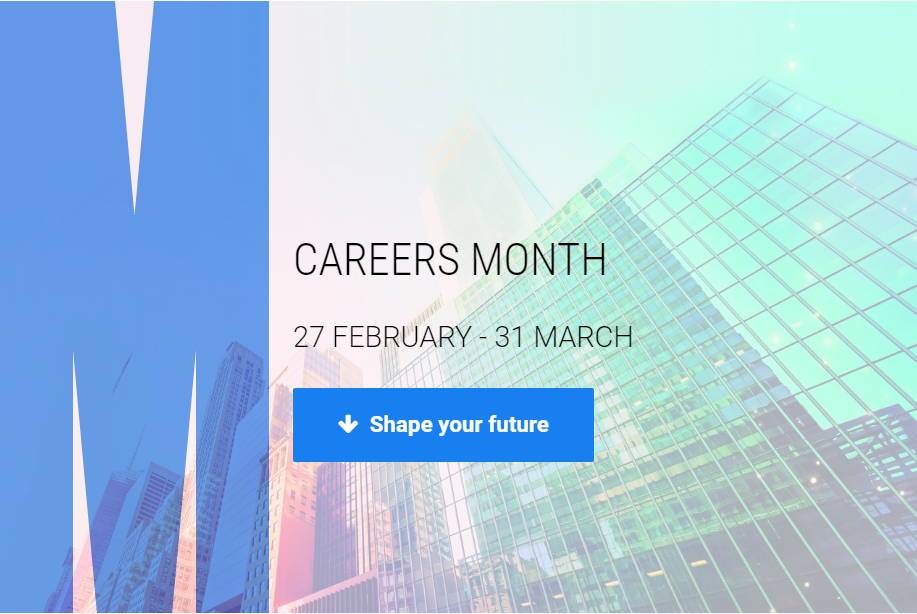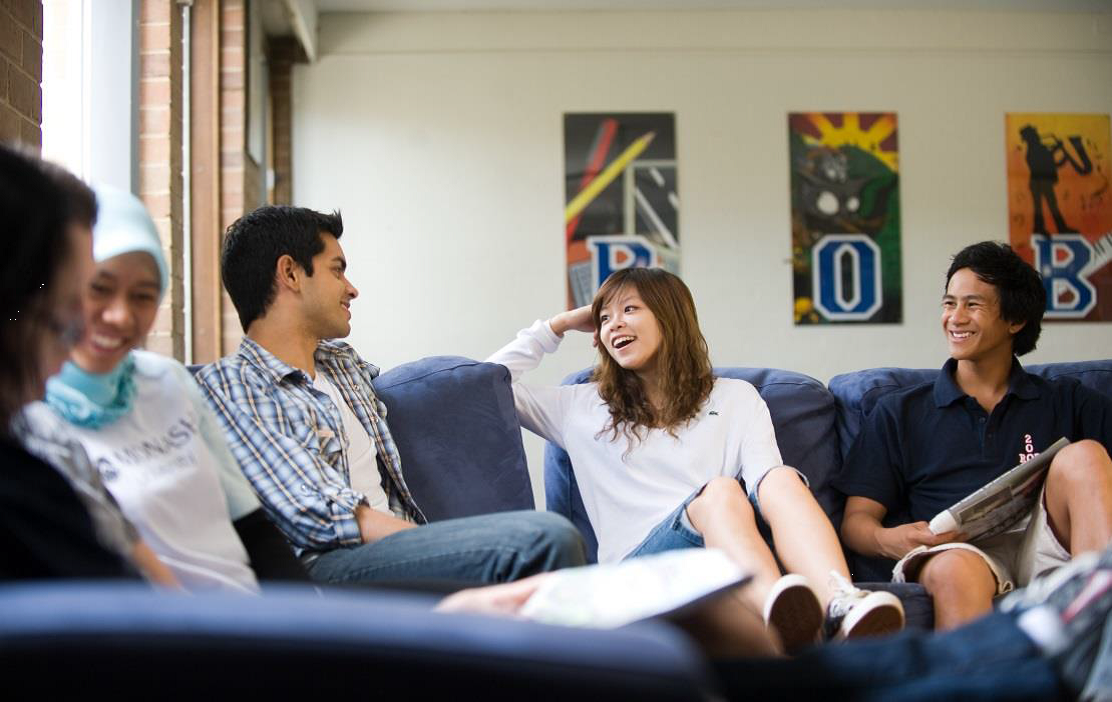1. Get to know the lecturers, tutors and library staff
The BEST way to enjoy your units is to interact with your lecturers and tutors. Go up to them after a lecture and introduce yourself. If they are busy, send them a quick email organizing a quick catch up. You will be pleasantly surprised at what you discover about your educators.





